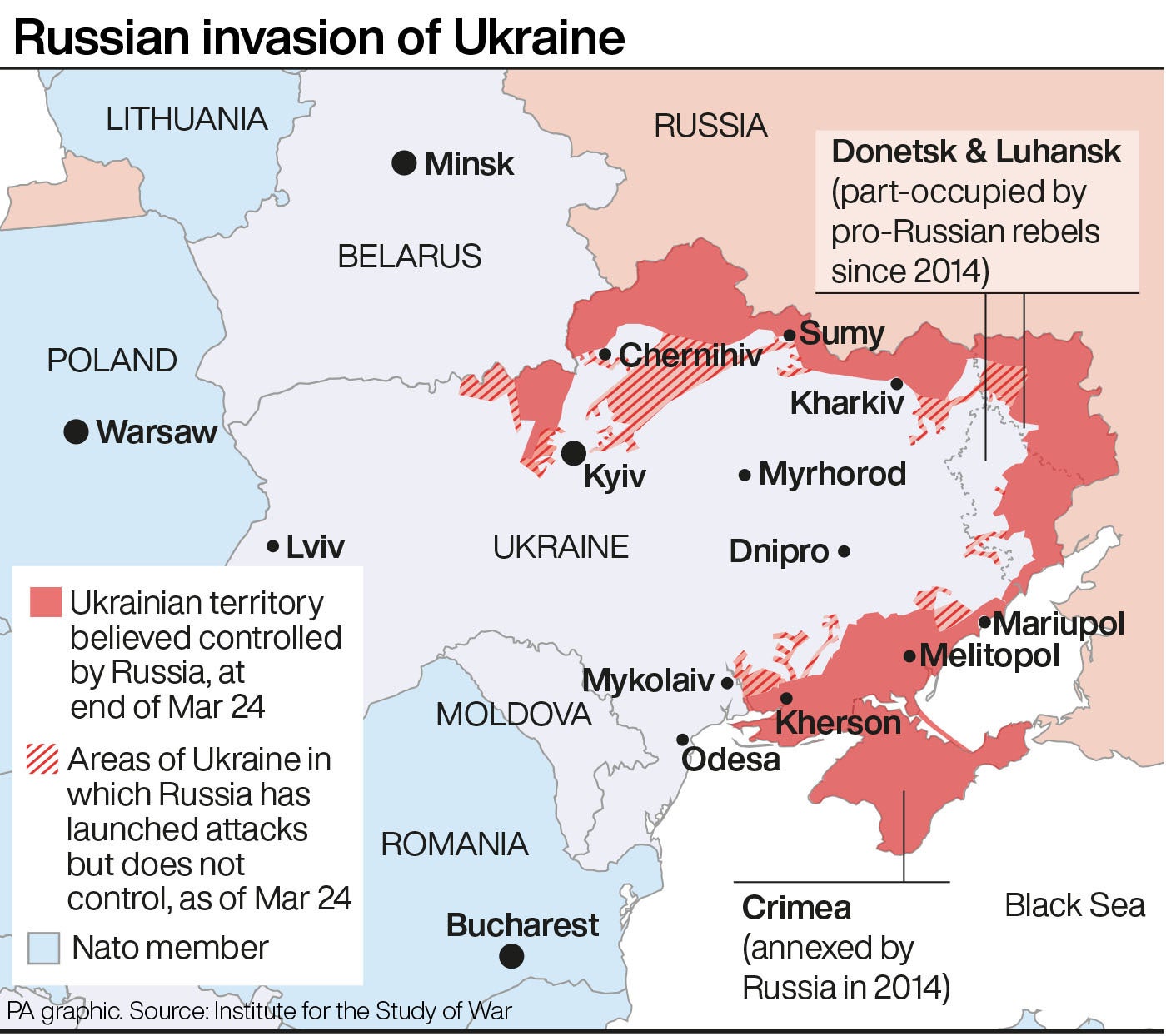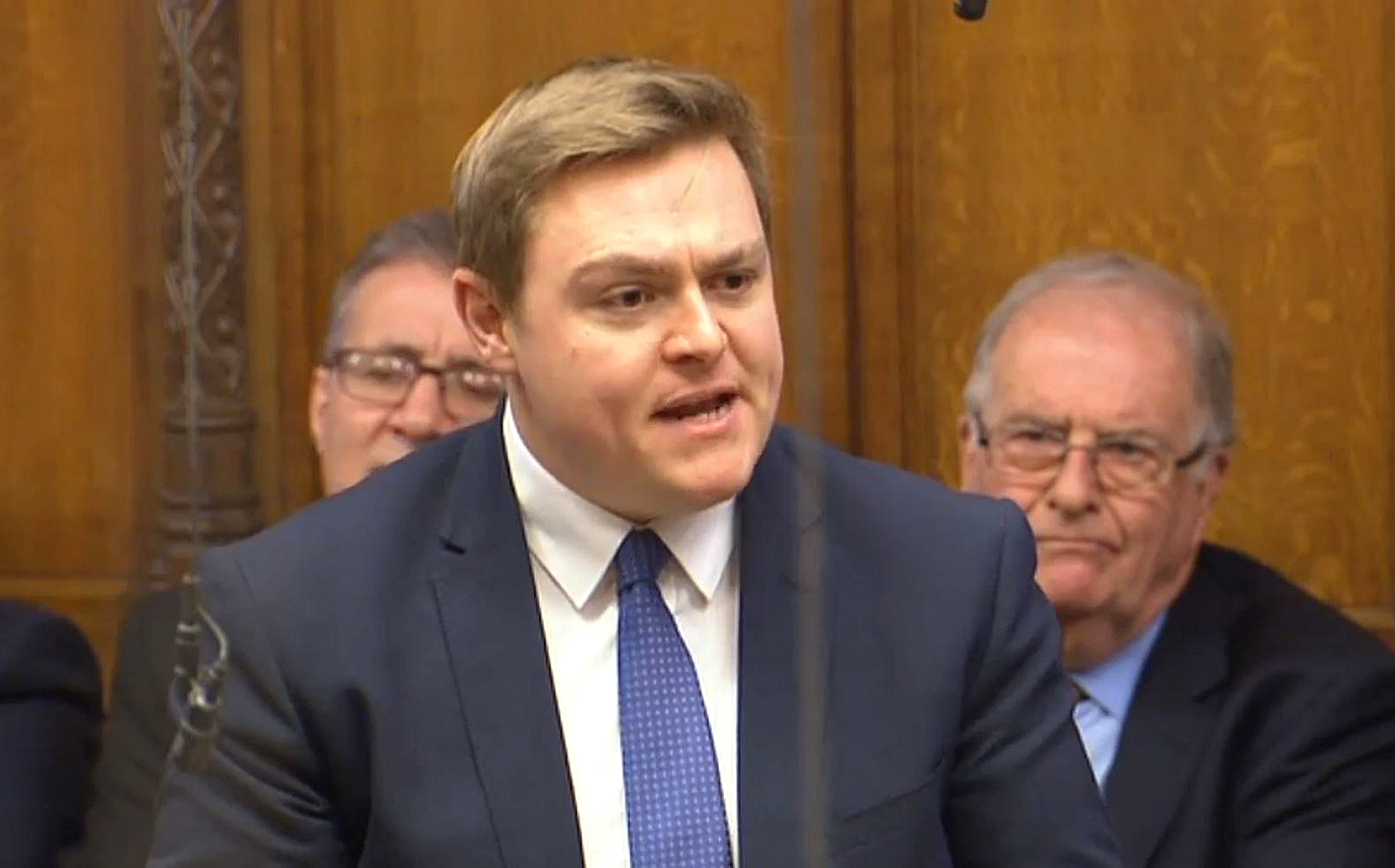Ukraine peace negotiators warned not to eat or drink anything after suspected Abramovich poisoning
The warning comes as fresh peace talks begin in Turkey today
Your support helps us to tell the story
This election is still a dead heat, according to most polls. In a fight with such wafer-thin margins, we need reporters on the ground talking to the people Trump and Harris are courting. Your support allows us to keep sending journalists to the story.
The Independent is trusted by 27 million Americans from across the entire political spectrum every month. Unlike many other quality news outlets, we choose not to lock you out of our reporting and analysis with paywalls. But quality journalism must still be paid for.
Help us keep bring these critical stories to light. Your support makes all the difference.
Ukraine’s foreign minister has warned peace negotiators not to eat or drink while participating in talks with Russian counterparts today.
The warning comes after it was revealed by sources that Chelsea FC owner Roman Abramovich and Ukraine peace negotiators suffered symptoms of poisoning including red eyes, constant and painful tearing and peeling skin on their hands and faces during meetings at the beginning of March.
The Independent understands that the Chelsea FC owner suffered temporary blindness for several hours following the poisoning, but quickly recovered.
Ukraine and Russian negotiators are set to begin fresh face-to-face peace talks in Turkey today.
“I advise anyone going for negotiations with the Russian federation not to eat or drink anything and preferably, to avoid touching any surface,” foreign minister Dmytro Kuleba said in an interview on national television.
Senior Ukrainian officials have played down the story, however, with Ihor Zhovkva, the deputy head of the president's office telling BBC Newshour that “the members of the Ukrainian delegation are fine; I was in contact with one of them, and they said the story was false.”
Ukrainian negotiator Mykhailo Podolyak took a similar line saying “there is a lot of speculation, various conspiracy theories,” while Rustem Umerov, another member of the negotiating team, urged people not to trust “unverified information”.

Mr Abramovich accepted a request by Ukraine at the end of February to help negotiate an end to Vladimir Putin’s invasion just days after it started, and is said to still be interested in mediating despite the incident.
An adviser to Ukraine’s president Volodymyr Zelensky has confirmed that Mr Abramovich was involved in talks with Russia.
Cambridge University professor Alexander Rodnyansky told Times Radio: “He has been playing a role, he’s certainly been talking to the Russian leader. And that’s where the value is potentially.”

A government minister called the alleged poisoning of Mr Abramovich and Ukrainian negotiators a “worrying development.”
Tory MP Will Quince told Sky News the UK would be looking to “establish the facts” around the claims.
Asked if that was advice Britain would echo, Mr Quince said: “As much as there is scepticism globally about whether these peace talks will be successful, I desperately hope that they are.”
Mr Kuleba said of the talks in Turkey: “We are not trading people, land or sovereignty."

“The minimum programme will be humanitarian questions, and the maximum programme is reaching an agreement on a ceasefire,” he said on national television.
A spokesperson for the foreign office said: “The allegations are very concerning. The UK will continue to assist by implementing tough sanctions on Putin’s regime, and by providing defensive and humanitarian support to help put Ukraine in the strongest possible negotiating position.”
The Independent has a proud history of campaigning for the rights of the most vulnerable, and we first ran our Refugees Welcome campaign during the war in Syria in 2015. Now, as we renew our campaign and launch this petition in the wake of the unfolding Ukrainian crisis, we are calling on the government to go further and faster to ensure help is delivered. To find out more about our Refugees Welcome campaign, click here. To sign the petition click here. If you would like to donate then please click here for our GoFundMe page.
Subscribe to Independent Premium to bookmark this article
Want to bookmark your favourite articles and stories to read or reference later? Start your Independent Premium subscription today.

Join our commenting forum
Join thought-provoking conversations, follow other Independent readers and see their replies
Comments